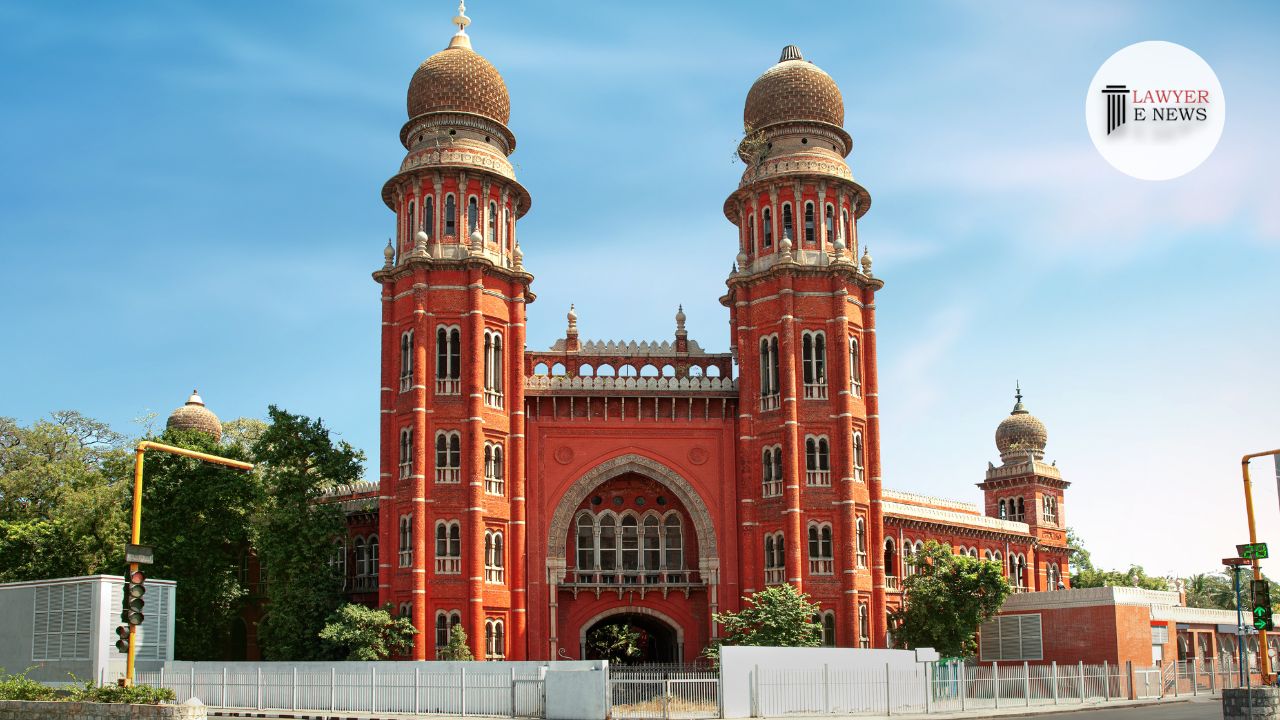-
by Admin
15 February 2026 5:35 AM



In a significant judgment, the Madras High Court has directed the issuance of a Nativity Certificate to Minor Gaurav Murali, whose application had been previously rejected by the Zonal Deputy Tahsildar, Musiri Taluk. The judgment, pronounced by Justice G.R. Swaminathan on May 13, 2024, underscores the importance of parental roots and domicile in determining nativity, setting aside the respondent's reliance on the applicant's birthplace and current residence outside Tamil Nadu.
Domicile and Nativity Determination: The court emphasized that the determination of nativity cannot be solely based on the applicant's birthplace or current residence. Justice Swaminathan observed, "The expression 'nativity' denotes the roots on which a person is anchored. It is incorrect to deny a Nativity Certificate merely because the petitioner was born in Mumbai."
The judgment referenced multiple precedents, highlighting that the concept of nativity includes the applicant's familial and ancestral connections to Tamil Nadu. The petitioner's father, Murali Chelliah, born in Musiri Taluk and educated in Tamil Nadu, along with his mother from Pollachi, Coimbatore District, established a strong case for the petitioner's nativity.
Witness Testimonies: Addressing the issue of the petitioner's family residence, the court noted that Murali Chelliah and his wife moved to Mumbai for employment with the Shipping Corporation of India Limited, but maintained their roots in Tamil Nadu. "Merely because a person has been absent from the State on account of employment, he or she will not lose his or her permanent residence in the State," Justice Swaminathan stated, quoting from a similar case.
The judgment extensively discussed the principles of evaluating nativity for certificate issuance. The court held that the authorities' rejection based on the petitioner’s birthplace and current residence contradicted established legal principles. The ruling emphasized, "The petitioner's roots are traceable to Tamil Nadu, and he should be considered a native of the State despite his birth in Mumbai."
Justice Swaminathan remarked, "It is obvious that the expression 'nativity' denotes the roots on which a person is anchored. In these circumstances, rejection of the petitioner's application is incorrect and runs counter to the aforesaid rulings."
The Madras High Court's directive to issue the Nativity Certificate within seven days from the date of the order sends a clear message about the broader criteria for determining nativity. This landmark decision reaffirms the importance of considering familial and ancestral connections over mere birthplace or residence, potentially impacting similar cases in the future and reinforcing the legal framework for nativity determination in Tamil Nadu.
Date of Decision: May 13, 2024
Minor Gaurav Murali, Rep. by his Natural Guardian Father Mr. Murali Chelliah v. The Zonal Deputy Tahsildar, Musiri Taluk, Trichy District
